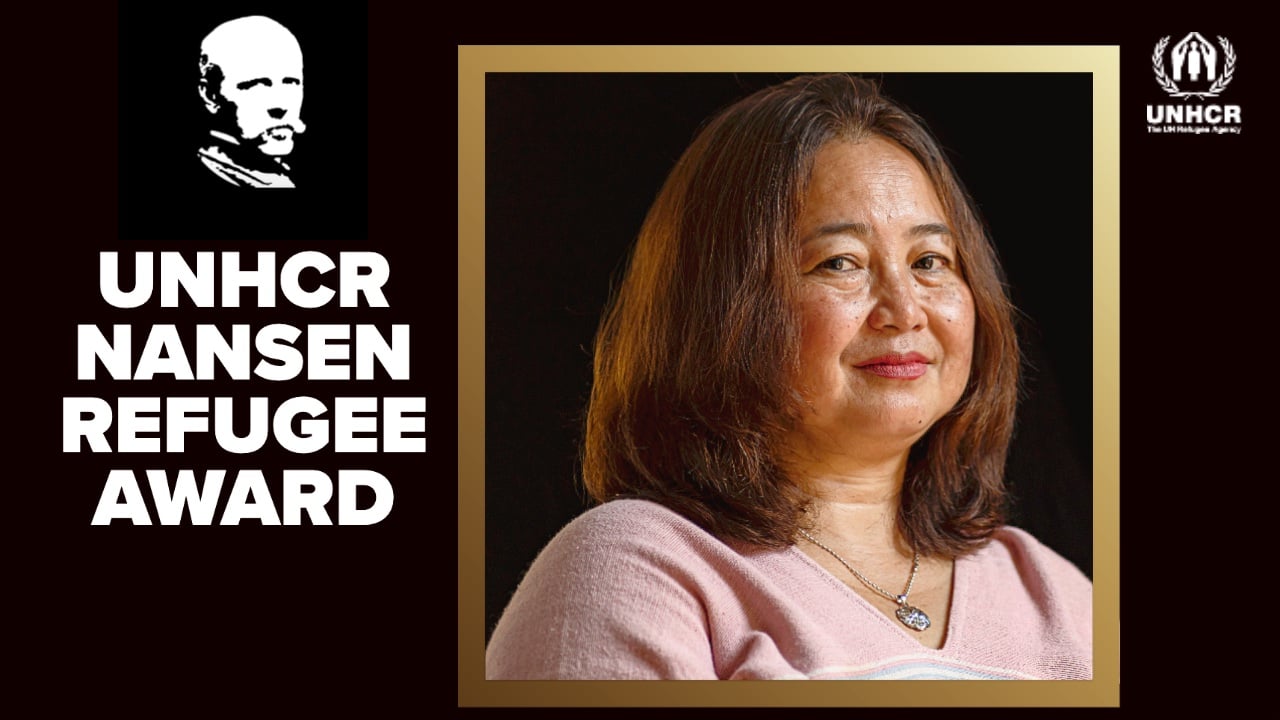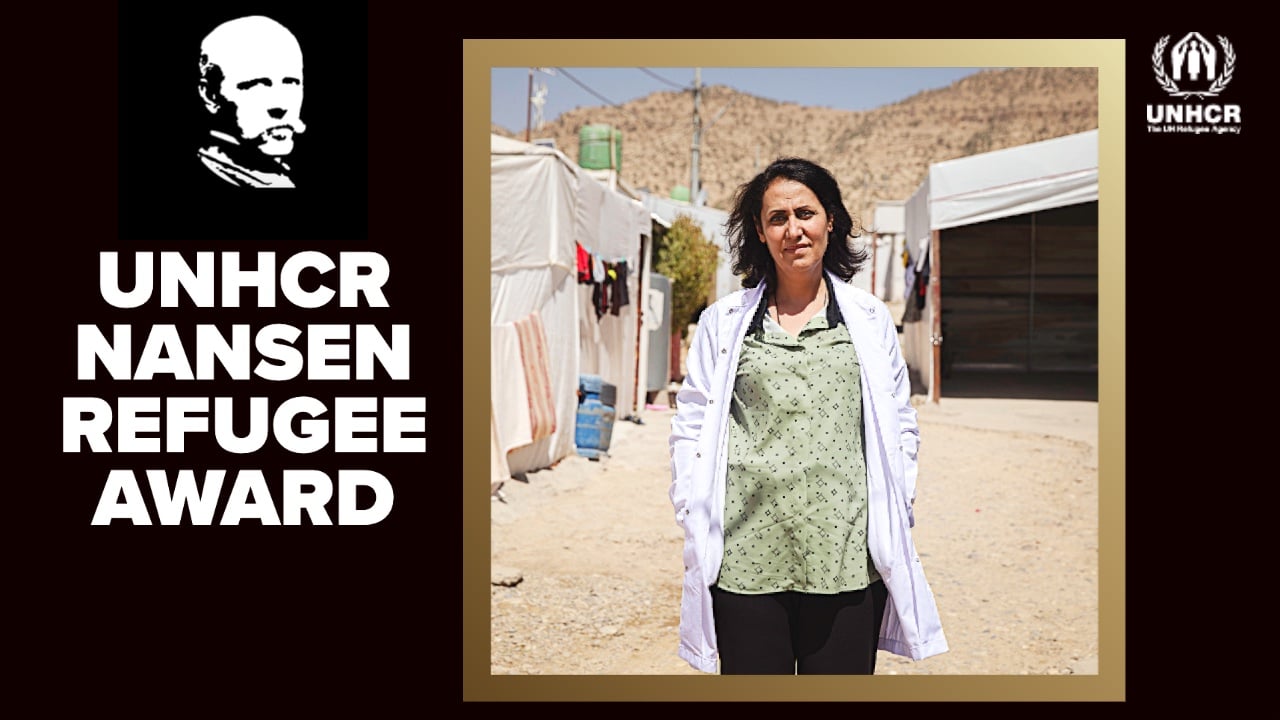UNHCR resumes aid distribution for 100,000 at Bangui airport
UNHCR resumes aid distribution for 100,000 at Bangui airport

BANGUI INTERNATIONAL AIRPORT, Central African Republic, January 9 (UNHCR) - The UN refugee agency has resumed distribution of relief items to the estimated 100,000 people who have fled to Bangui International Airport to escape sectarian violence in the capital city of the Central African Republic.
"It is a relief for UNHCR and the displaced people staying at the airport site. We had to suspend distribution of aid on several occasions, and were frustrated that we could not properly assist people living on this site due to security concerns," said Kouassi Lazare Etien, UNHCR's representative in the Central African Republic.
The joint distribution of food provided by the World Food Programme (WFP) and relief items from UNHCR resumed Tuesday. The refugee agency will distribute blankets, sleeping mats, soap, mosquito nets, jerry cans and plastic sheets to some 20,000 families, or about 100,000 people.
Earlier attempts to distribute the aid were frustrated by scenes of chaos as young and armed people tried to get relief items as quickly as possible, overwhelming the staff of UNHCR and its partners.
A new distribution mechanism, involving the displaced communities and humanitarian agencies, has been devised. French and African Union peace-keepers are providing security to ensure order, avert chaos and guarantee the civilian character of the site.
"People at the airport are living in a desperate situation. UNHCR, with its partners has been able to relocate some 2,400 families to another site inside the airport zone to help reduce congestion and support a smooth delivery of aid," Etien said.
The problems with aid delivery had begun to cause hardship among the tens of thousands at the airport site, but people were too scared to try and return to their homes and they called for greater security.
"International and national soldiers . . . around the airport should step in to allow the smooth distribution of assistance to take place," said Sophie, who had fled from Bangui's violence-torn PK15 district and was worried about the delays in getting aid. The 45-year-old, talking to UNHCR late last week in the airport customs area, was selling small parcels of cassava paste to survive.
Religious leaders also called on their youth to end violent and other abusive behaviour that was halting aid distributions. "We talked and I made them understand that their bad behaviour and aggressiveness were preventing people from getting assistance," said a priest at the airport site.
Meanwhile, UNHCR and its partners have developed a strategy to assist displaced people at the site with food delivery, health care, water, sanitation, shelter and non-food items.
UNHCR is the lead agency responding to the needs of internally displaced people for protection, shelter and relief items. So far, the agency has distributed non-food items and shelter materials to almost 30,000 people at 13 sites in Bangui and two in Bossangoa, 300 kilometres north of the capital.
More than 935,000 people in the Central African Republic are displaced with above 512,000 of them taking shelter across 67 sites in Bangui, or living with host families. Some 60 per cent of the forcibly displaced are children.
By Bernard Ntwari in Bangui International Airport, Central African Republic









